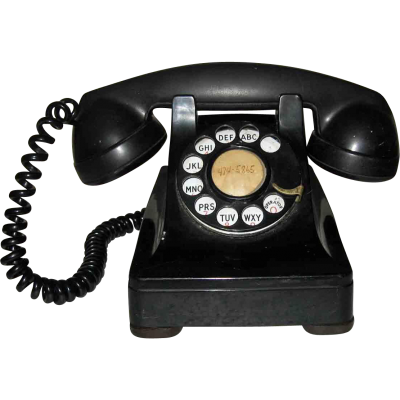MondoFW
Practically Family
- Messages
- 852
"They don't make 'em like they used to" is something you'll hear often, and most of the time it holds true to whatever it's being applied to. One big reason we like the Golden Era so much is because items were typically made to last, and no one expected to replace things 6 months after they were purchased. Due to globalization and other factors, many companies do not use as great construction and detail as they used to in their products.
But can anyone think of commodities that have actually gotten now (better detailing and construction), compared to the Golden Era? I can't really think of anything on the top of my head.
But can anyone think of commodities that have actually gotten now (better detailing and construction), compared to the Golden Era? I can't really think of anything on the top of my head.




